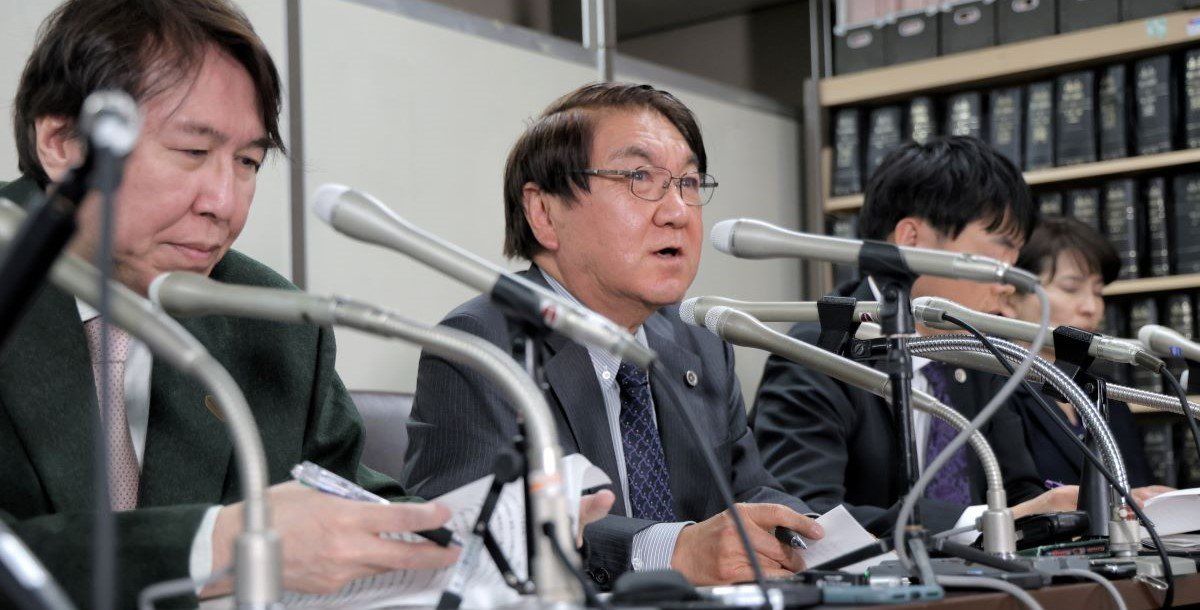On Tuesday, a Tokyo court revoked the legal status of the Unification Church in Japan, ordering the sect known as the Moonies to disband following a government problem spurred by the assassination of former Prime Minister Shinzo Abe in 2022.
Founded in 1954 in Seoul, South Korea, by Sun Myung Moon, a preacher who cast himself as a messiah, the church raised an estimated 70% of its income in Japan, where its followers heavily pressured Japanese to give donations known as tithings to make up for the brutality of the country’s imperial era.
Widely derided as a cult, the Moonies claimed less than 100,000 followers in Japan in recent years – less than .1% of the country’s population, but pseudo and new-wave religious groups are popular in Japan, with an estimated 180,000 of them, or one for every 700 people. The Unification Church enjoyed outsize influence in the ruling Liberal Democratic Party that has governed Japan for most of the post-war era. Moon was a close friend of Abe’s grandfather, former Prime Minister Nobusuke Kishi, who saw the sect as an ally against communism. The Moonies retained political influence by fundraising and promoting hundreds of candidates from the LDP.
In 2022, Tetsuya Yamagami admitted to killing Abe in an act of purported retribution after his mother, who was involved with the Moonies, donated over $1 million to the church. The confessed assassin accused Abe for allowing the church, which he blamed for leaving his family bankrupt, to prosper in Japan.
The church said Tuesday’s dissolution order was “absolutely unacceptable” and a threat to religious freedom. It is considering an immediate appeal, but David Boling, Japan director at Eurasia Group doesn't believe that will amount to much. “No one is interested in defending the church," he says. "The attitude of the Japanese public is ‘good riddance.’”
